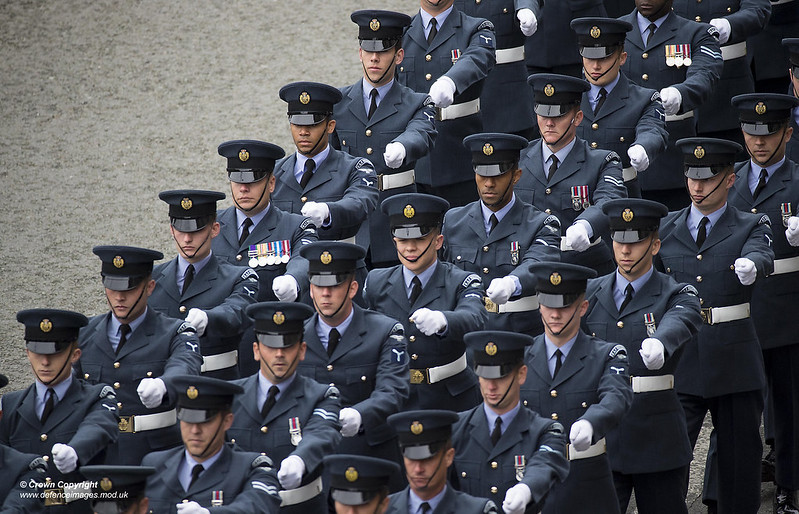Dr Steve Rolfe, Research Fellow in Housing Studies, University of Stirling

Image 45162776.jpg from www.defenceimages.mod.uk
Imagine leaving your job, moving house and trying to find a new social identity all at the same time. Most of us never have to do all of these things at once, but this is the experience of many people as they leave the Armed Forces in the UK.
This process may also involve moving to a new area, as well as getting to grips with the complex maze of organisations involved in the civilian housing system. Which is why we’ve spent the last two years studying how ex-service personnel find their way through housing and how organisations can work together to stop veterans ending up on the streets. Interviewing veterans and staff from housing and support organisations has provided important insights.
Starting from scratch
To be clear, most people leaving the Armed Forces make a successful transition – they find a new job and a new home without too much difficulty. And despite what the headlines might tell you, veterans are no more likely to be homeless than the wider population. But there are still some service leavers who struggle with their housing transition, having spent years in subsidised MoD accommodation where they haven’t had to worry about practicalities, such as paying bills.
An ex-Army service person with more than ten years’ service told us:
“So I joined when I was 18, left the family home … and joined the Army, so … you don’t know about things like [housing] organisations, even just like council tax, you know, all that sort of, budgeting is one that we don’t get taught cause in the Army you are sort of like just looked after in a way.”
For those veterans who need help with housing, the number of organisations can be confusing – as well as local authorities and housing associations, there are multiple Armed Forces charities. Understandably, some become very frustrated when they find themselves going round in circles, telling their story over and over. One ex-army service person, with 7-10 years’ service said:
“I was explaining myself constantly. It seemed like every time I called a number, even if I’d called the same number a few days later, I’d be talking to a different person who I’ve never spoken to before and they have no history or anything noted down on my details or nothing, so I’d have to reintroduce myself… I was like ‘oh you’re taking the piss now!’”
Armed Forces Covenant
The good news, however, is that collaboration in the veterans’ sector has improved significantly over the last decade, since the publication of the Armed Forces Covenant, which aimed to ensure that those who serve in the Armed Forces should face no disadvantage as a result of their service.
Local authorities now have Armed Forces Champions and in most areas a group has been established to bring together all of the organisations working to support veterans in need. Despite the challenges of austerity, these changes have improved collaboration, smoothing the pathways of veterans through the housing maze.
For those who still get a little lost, finding someone who could act as a navigator made all the difference, whether that was someone from an Armed Forces charity, a housing organisation or the local authority. Another ex-army service person with 7-10 years in the service told us:
“It’s very helpful knowing that you’ve got someone there that’s fighting your corner so you don’t feel like no one cares and you’re on your own… and that’s all that matters to me that I know that it’ll all be worth the long wait, headaches and all that, it’ll be worth it.”
The overall picture, then, is a positive one. Organisations are working together more effectively and this seems to be helping ex-service personnel who find themselves at risk of homelessness to access and sustain housing. Also, the MoD established the Defence Transition Service at the end of 2019, specifically to help vulnerable service leavers, and the Armed Forces Covenant is shortly to be given a legislative basis.
However, there is a concern that many of the improvements made in recent years could deteriorate in the future. With UK Armed Forces no longer involved in major conflicts and the public spotlight focused almost entirely on the coronavirus pandemic, there is a risk that veterans will be forgotten. Leaving the Armed Forces will remain a challenge for some, so organisations across the civilian housing system must continue to collaborate to meet the housing needs of veterans.
This article first appeared on The Conversation on 8 December 2020.
